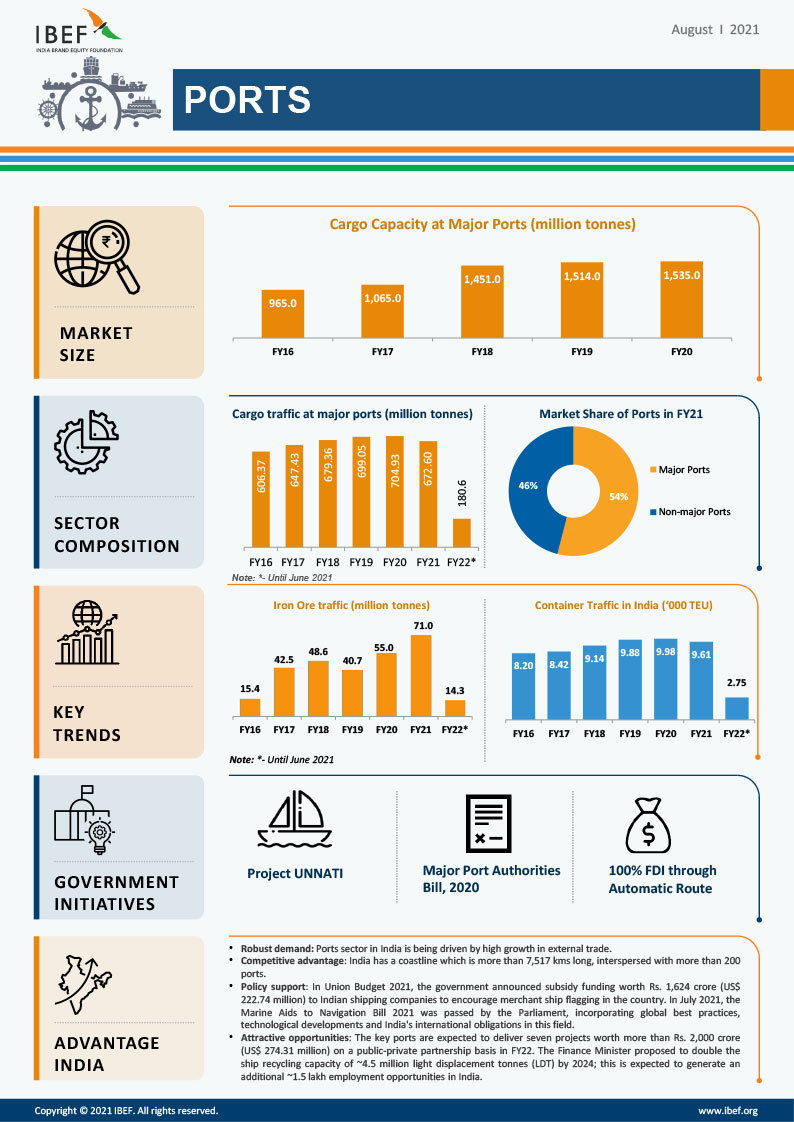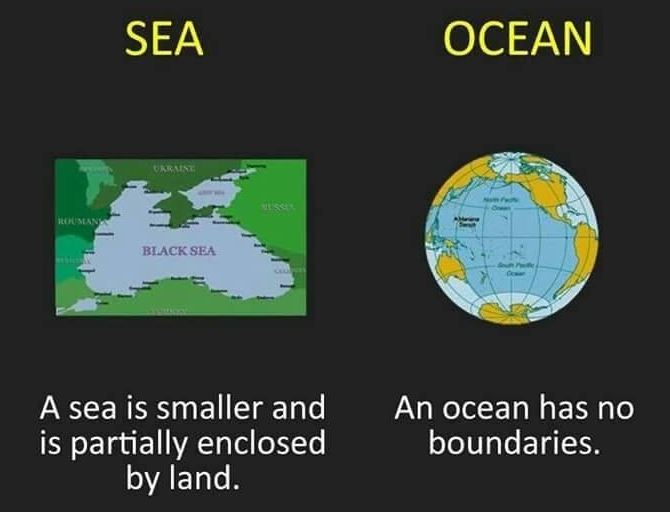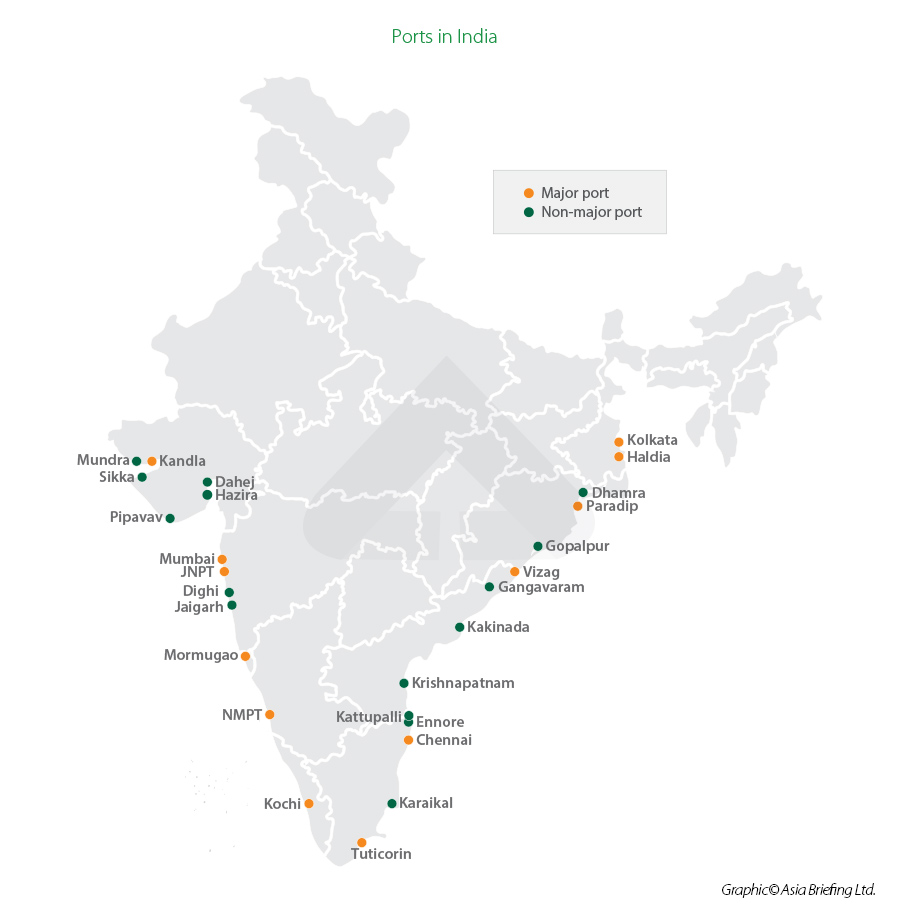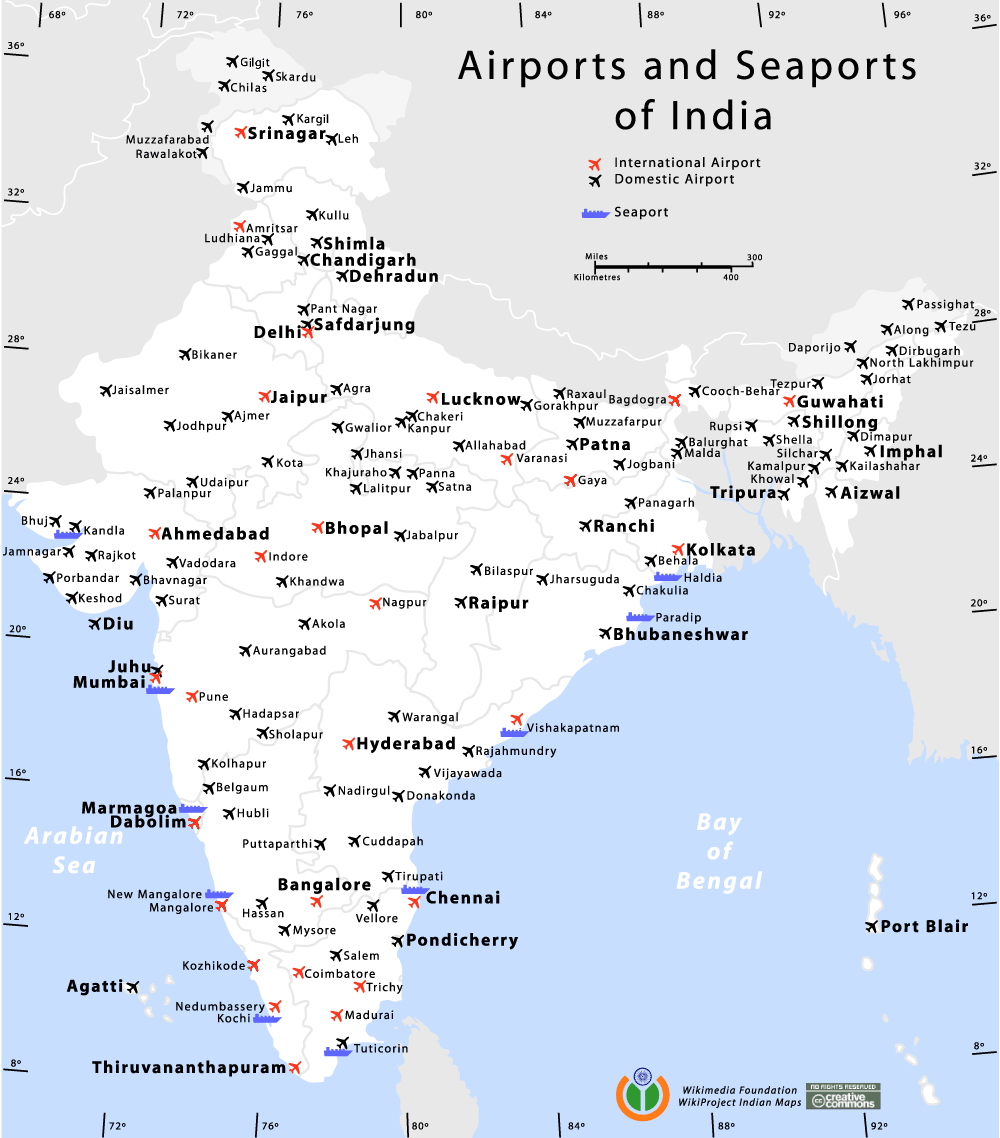Ports, Shipping & Waterways – Maritime Industry in India
According to the Ministry of Shipping, around 95% of India’s trading by volume and 70% by value is done through maritime transport. In November 2020, the Prime Minister, Mr. Narendra Modi renamed the Ministry of Shipping as the Ministry of Ports(बंदरगाहों), Shipping(जलयात्रा) and Waterways(जलमार्ग).
- India has 12 major and 205 notified minor and intermediate ports.
- Under the National Perspective Plan for Sagarmala, six new mega ports will be developed in the country.
- The Indian ports and shipping industry play a vital role in sustaining growth in the country’s trade and commerce.
- India is the sixteenth-largest maritime country in the world with a coastline of about 7,517 kms.
- The Indian Government plays an important role in supporting the ports sector.
- It has allowed Foreign Direct Investment (FDI) of up to 100% under the automatic route for port and harbour construction and maintenance projects.
- It has also facilitated a 10-year tax holiday to enterprises that develop, maintain and operate ports, inland waterways and inland ports.

Contents
What is the shipping industry?
The shipping industry facilitates domestic and global manufacturing and trade via transportation of commodities and finished products, while also providing for the delivery of goods directly to consumers.
Shipping & Maritime
Maritime(समुद्री) is connected with the sea in relation to navigation, shipping or trading activities done by the sea(समुद्र).
Generally, Shipping(जलयात्रा) is the transport of goods by sea or some other means. It includes the transport of goods as well as people from one place to another.
Ocean v/s Sea
seas are smaller than oceans and are usually located where the land and ocean meet. Seas are found on the margins of the ocean and are partially enclosed by land.
Oceanography is the study of the physical, chemical, and biological features of the ocean, including the ocean's ancient history, its current condition, and its future.

Career In Shipping & Maritime
Shipping & Maritime play an important role in international trade & commerce. Career in shipping is perfect for the individuals who are fascinated(मोहित) by the sea, love traveling in foreign ports and want to experience different cultures. After completing your degree, you can join government/ private shipping companies and various port agencies in India or in abroad.
Courses & Duration
Many Universities/colleges offer education in the field of shipping and maritime.
Diploma Courses:
- Diploma in Marine Engineering – 3 years
- Diploma in Logistics and Shipping – 1 year
- Diploma in Naval Architecture And Offshore Engineering – 3 years
- Diploma in Nautical Science – 1 year
- Diploma in Marine Engineering – 1 year
Bachelor courses:
- B.Sc. in Ship Building and Repair – 3 years
- B.Sc in Maritime Science – 3 years
- B.Tech/B.E. in Marine Engineering – 4 years
Master Courses:
- Master of Business Administration (MBA) in Shipping and Logistics – 2 years
- MBA in International Transportation & Logistics Management – 2 years
- MBA in Port and Shipping Management – 2 years
- MBA in International Transportation & Logistics Management – 2 years
- M.Tech in Marine Engineering – 2 years
- M.Sc in Shipping Trade and Finance – 1 year
- M.Sc International Shipping and Logistics – 1 year
Types of ships, based on the cargo(माल) they carry
- General cargo ships – Basic cargo ships
- Container ships – designed to transport freight(माल) in containers
- Bulk carriers – Transporting solid bulk loads
- Oil tankers – Transport raw oil
- Gas carriers – liquid gas, an increasingly popular fuel
- Reefer vessels – Transports food and perishable goods
- Ro-Ro ships – Wheeled vehicle
- Livestock(पशु) vessels – transports live animals
Ports in India
Ports ( बंदरगाहों )

Airports (हवाई अड्डा) and Seaports(बंदरगाहों) in India

